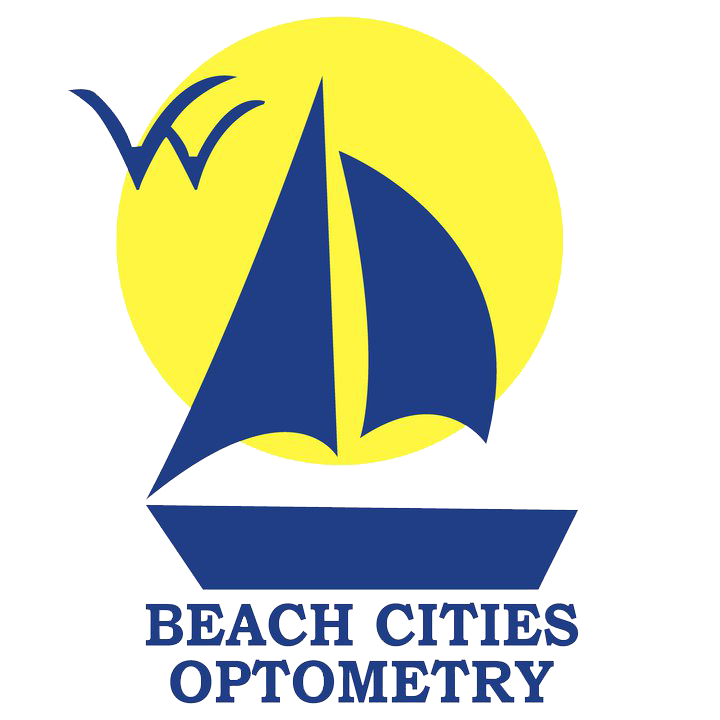
Myopia, or nearsightedness, is a vision condition where nearby objects appear sharp but distant ones do not. That happens when the eyeballs stretch more than usual and fail to bend light correctly.
Nearsightedness runs in families, and it may develop slowly or faster. It can last several years or a lifetime. Optometrists diagnose myopia through an eye exam and may ask about your health history and any medication you have used.
Studies show that myopia control reduces its progression by 78 percent, while myopia management delays its progress. It minimizes your macular degeneration, glaucoma, and retinal detachment risk. How does an optometrist manage myopia?
Atropine Eye Drops
Atropine eye drops are what eye doctors use to enlarge your pupil during an eye exam. Enlarged pupils allow your doctor to examine your inner eye structures to check their health.
The eye drops relax your eyes' muscles and reduce their focusing power. Eye doctors find that effective in treating myopia. By lowering your eyes' focusing power, atropine drops ease fatigue that may contribute to myopia's growth.
Your optometrist may prescribe low-dose atropine eye drops to help control myopia.
Eyeglasses
Eyeglasses are popular treatment options because they are easy to wear and improve vision. There are two types of eyeglasses that optometrists use to manage myopia:
- Bifocal eyeglasses: Bifocals help reduce focusing fatigue. They have lenses with two lens powers to enable you to see various distances. One lens power provides better distance vision while the other improves close-up eyesight. That minimizes strain on the eye.
- Multifocal eyeglasses: Multifocal glasses help stop the eyeball from growing longer. They have lenses that contain two parts for focusing light.
The middle part of the lens improves how the eyes bend light. It directs light to fall on the retina, thus correcting nearsightedness and enhancing distance vision.
The outer part of the lens increases focusing power and brings peripheral light to fall in front of the retina, signaling the eye to stop elongating.
Bifocal and multifocal eyeglasses for myopia come with different lens power to help reduce eye fatigue and delay myopia progression. Your optometrist will prescribe the appropriate eyeglasses based on your situation.
Ortho-k Contact Lenses
Orthokeratology or ortho-k treatment uses rigid, gas-permeable contact lenses to control myopia. You wear them at night instead of during the day, leaving the lenses to flatten your cornea's curve while you sleep. That changes how light focuses on the retina and makes your vision sharper during the day.
Ortho-k contact lenses aim to make you see better during the day. That way, you do not have to wear eyeglasses or contact lenses as you go about your day.
Multifocal Contact Lenses
Multifocal contact lenses enhance your vision and enable you to see clearer at all distances. They work like multifocal eyeglasses, improving distance vision while lessening the stress on your eye muscles for reading and doing other close-up tasks. Multifocal contact lenses can slow down myopia, thanks to their function. They also give you the comfort and convenience of not handling eyeglasses.
For more about how optometrists manage myopia, visit Beach Cities Optometry at our office in Manhattan Beach, California. Call (310) 906-4426 to book an appointment today.







